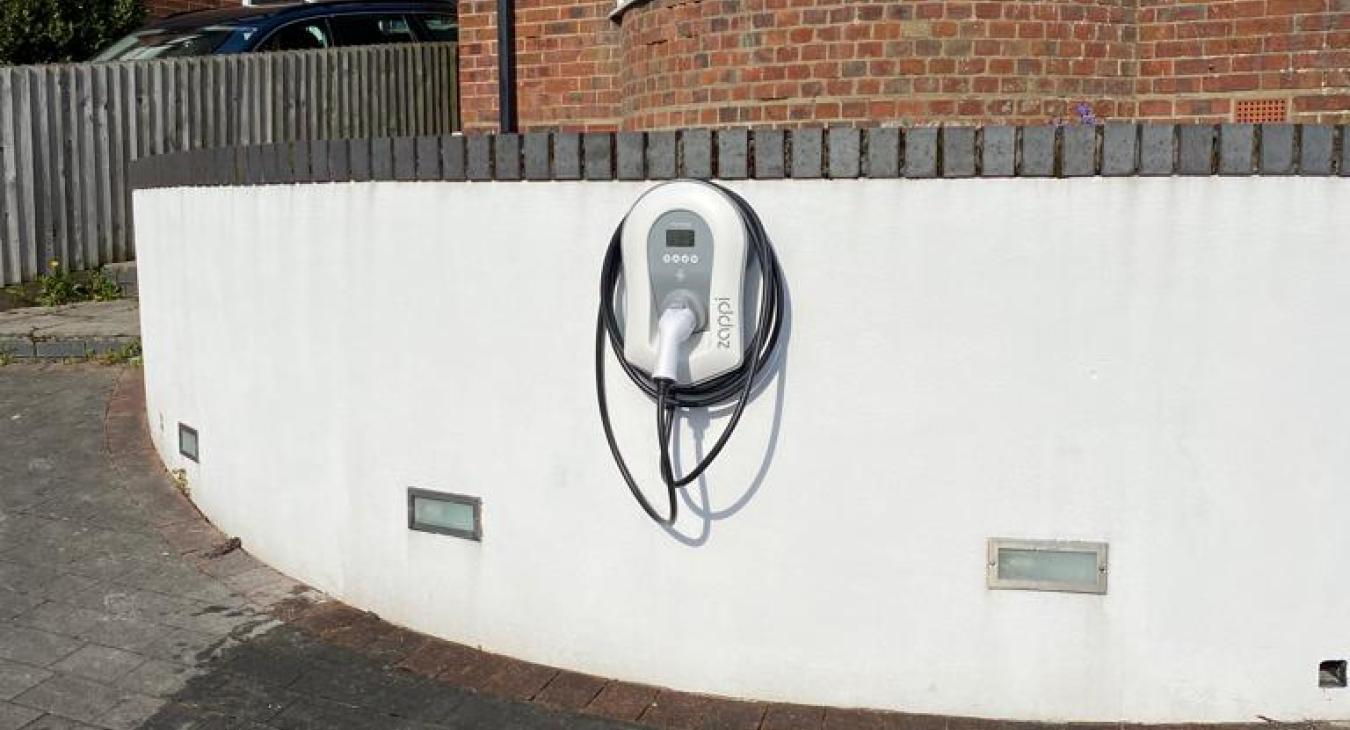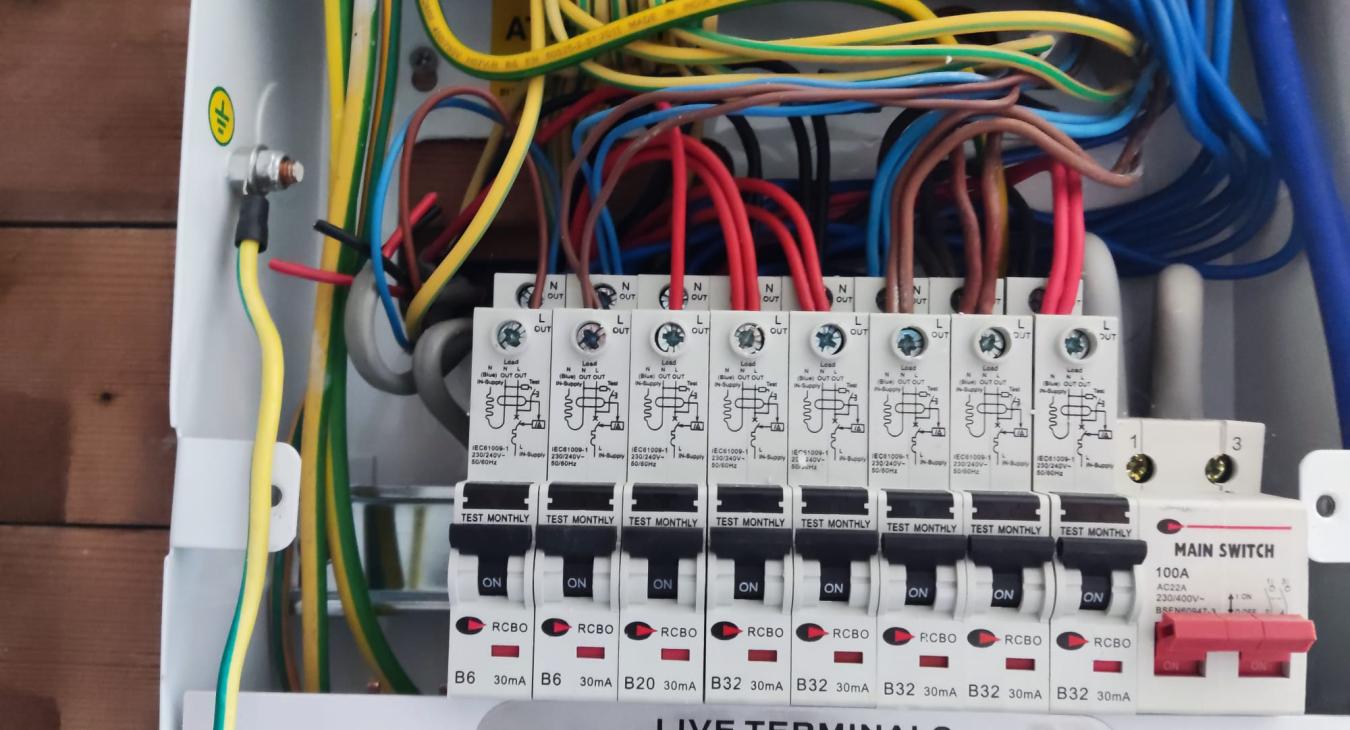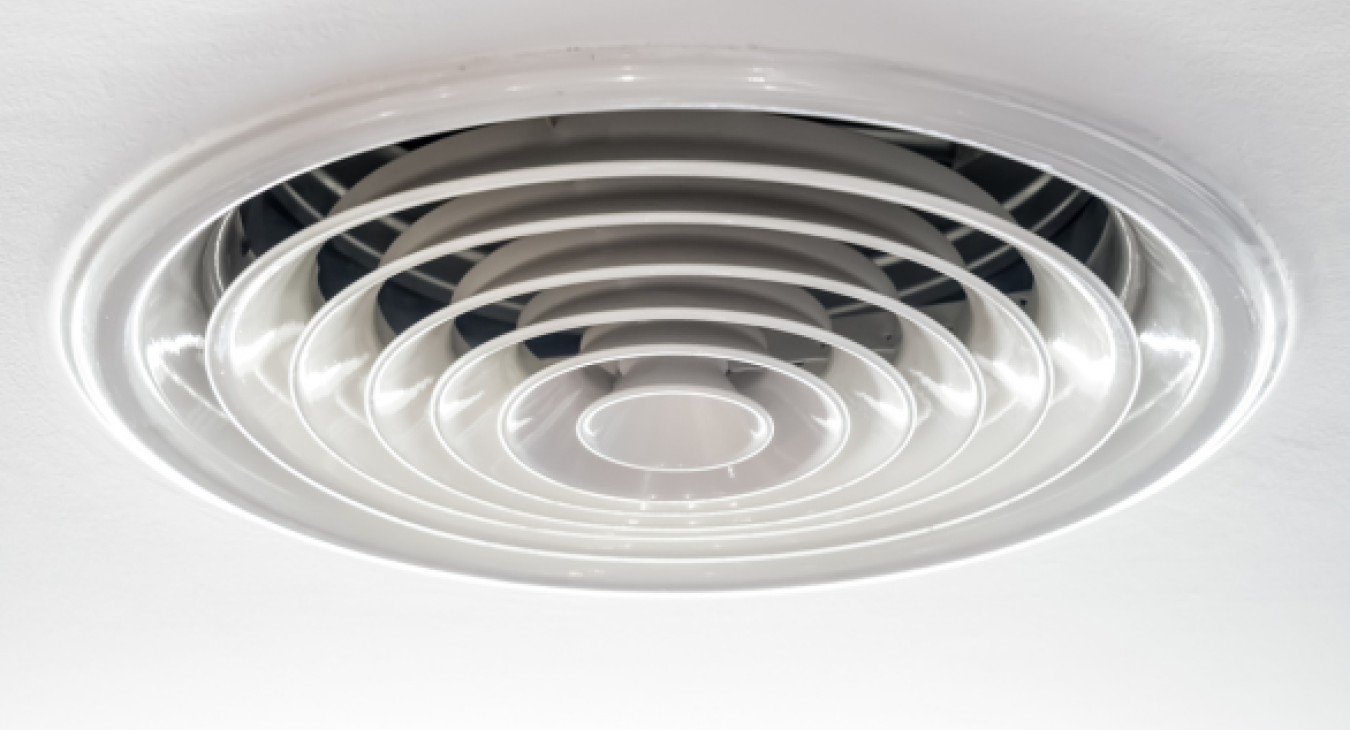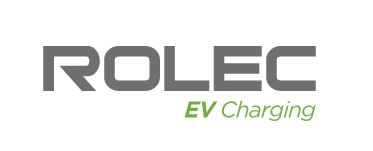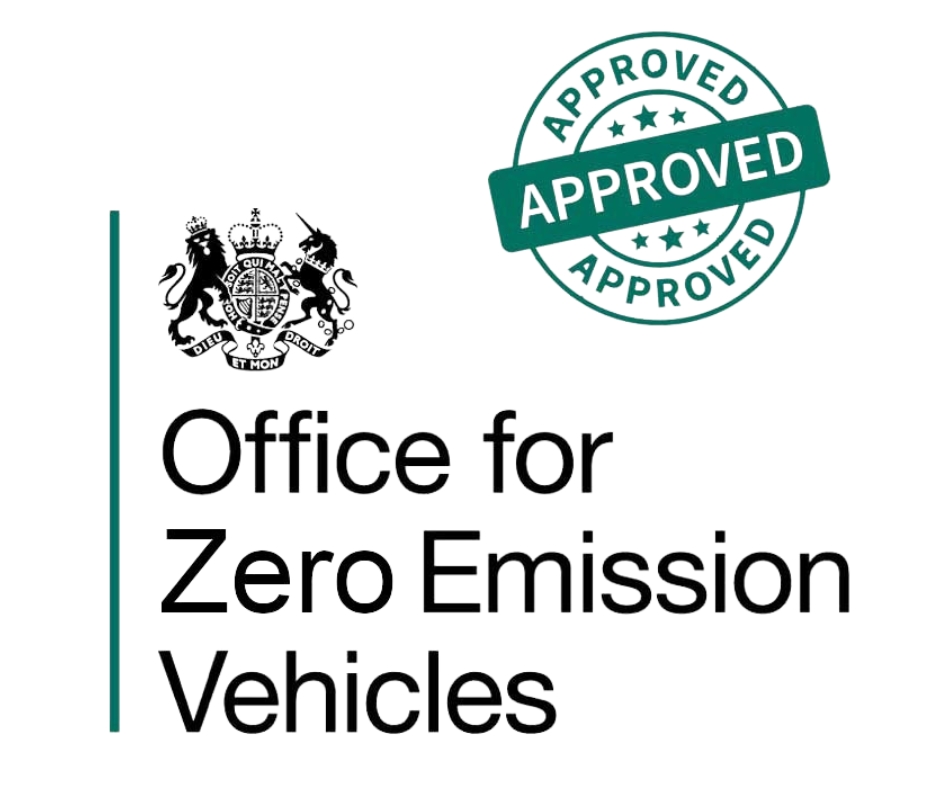Socket Overload Calculator
Socket Overload - How Dangerous Can It Be?
Avoiding Socket Overload: Protecting Your Home from Electrical Hazards
Socket overload is when too many electrical devices are connected to a single power socket or an electrical circuit, exceeding its intended capacity. This occurs when the total power demand of the plugged-in appliances surpasses the electrical rating of the socket or circuit. Socket overload poses significant risks to electrical safety and can lead to various hazards, including electrical fires, equipment damage, and personal injuries.
Discover the risks associated with socket overload and learn how to prevent electrical hazards. Ensure the safety of your home and appliances.
Fire Hazard: Socket overload can cause overheating of the electrical wiring and outlets, potentially leading to electrical fires. The excessive load generates heat, which can ignite nearby flammable materials or melt the insulation on wires, resulting in short circuits or sparks.
Equipment Damage: Overloading sockets can damage electrical appliances and devices. The excess power demand can strain their internal components, leading to premature failure, reduced lifespan, or even irreparable damage. Repairs or replacements can be costly and inconvenient.
Electrical System Damage: Continuous overloading of sockets or circuits can damage the electrical system within a building. Over time, excessive electrical loads can deteriorate the wiring, circuit breakers, and other components, necessitating expensive repairs and posing safety risks.
Personal Safety Risks: Socket overload increases the risk of electric shocks. Overloaded circuits can cause the protective devices, such as fuses or circuit breakers, to malfunction or trip, leaving the electrical system unprotected. Moreover, using multiple power strips or extension cords to accommodate more devices can create a messy tangle of wires, increasing the likelihood of trips, falls, and accidents.
Importance of Electrical Safety and Responsible Power Usage:
Preventing Accidents: Practicing electrical safety and responsible power usage reduces the risk of electrical accidents, protecting both life and property. By avoiding socket overload, you minimize the chances of electrical fires, electric shocks, and other hazards that can cause injuries or fatalities.
Equipment Protection: Following electrical safety guidelines ensures that your appliances and devices operate optimally and have a longer lifespan. Responsible power usage reduces the strain on electrical equipment, preventing premature failure, and avoiding costly repairs or replacements.
Avoiding Property Damage: By preventing socket overload, you reduce the likelihood of electrical fires that can cause extensive damage to your property and belongings. Responsible power usage safeguards your home or workplace, giving you peace of mind.
Energy Efficiency: Responsible power usage includes being mindful of energy consumption. By avoiding unnecessary socket overload and turning off devices when not in use, you contribute to energy conservation and reduce your environmental impact.
Conclusion:
Socket overload poses significant risks to electrical safety and can have severe consequences such as fires, equipment damage, and personal injuries. Remember, electrical safety is paramount. By following these simple steps, you can protect your home, appliances, and loved ones from the dangers of socket overload.
We welcome your input and encourage you to connect with us on our official Facebook page. For regular updates, be sure to follow us there. If you prefer more traditional methods of communication, please don't hesitate to reach out to us through our contact form or by calling 023 8181 0636. Your feedback is extremely valuable to us and we look forward to hearing from you.

